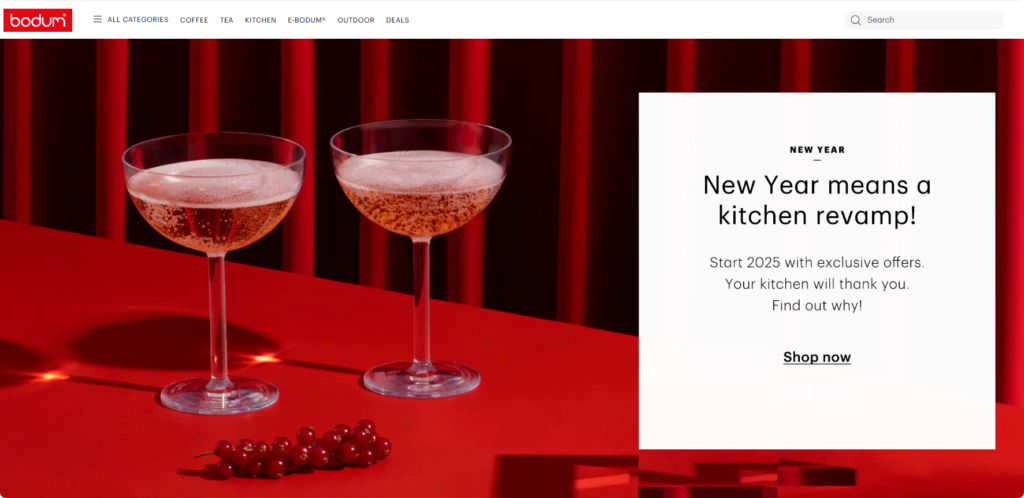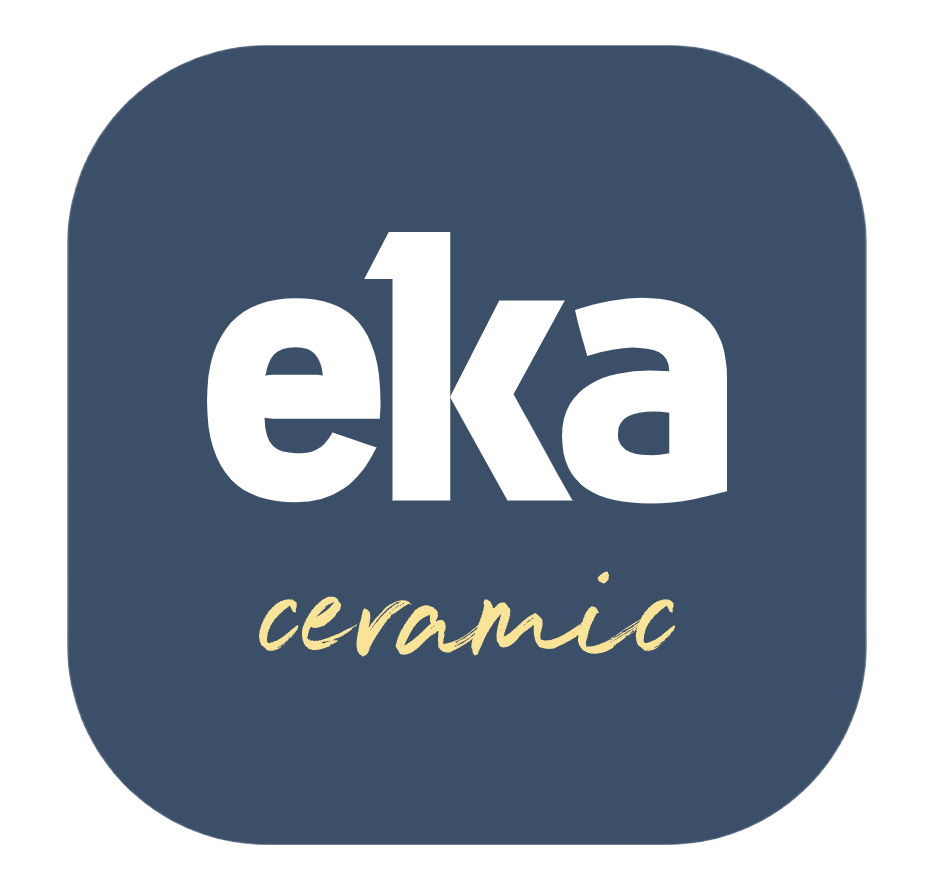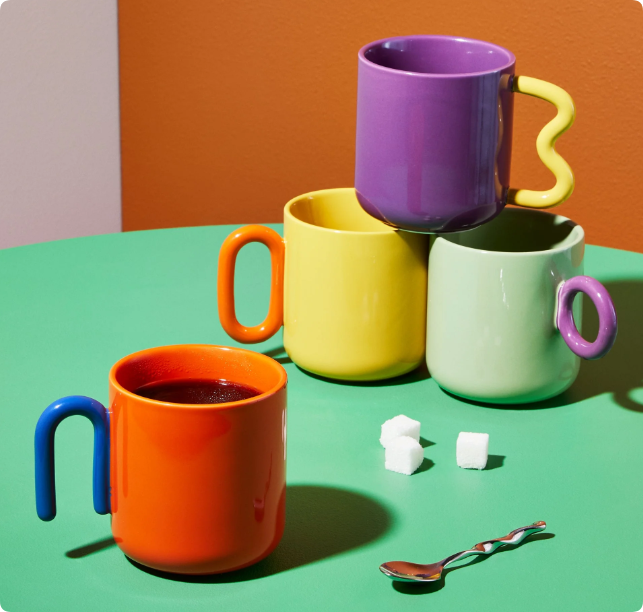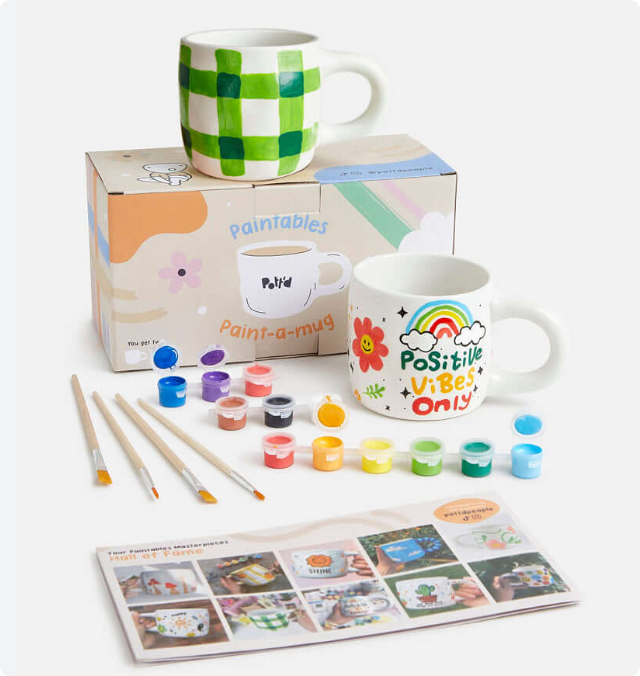The global ceramic drinkware market is undergoing significant changes, with Southeast Asia becoming one of the key regions driving this shift. The rise of the middle class and the changing consumer preferences are reshaping demand patterns, creating new opportunities for ceramic drinkware manufacturers.
This article will explore how the emerging Southeast Asian middle class is reshaping the ceramic drinkware market. By analyzing current trends, regional economic growth, and changes in consumer culture, we will explain why manufacturers need to pay attention to this rapidly developing market.
1. The Expansion of Southeast Asia’s Middle Class
Southeast Asia, with a population of over 650 million, has seen one of the most notable demographic shifts in recent years: the rapid growth of the middle class. According to the Asian Development Bank (ADB), by 2030, the middle class in Southeast Asia is expected to account for over 50% of the region’s total population.
This demographic shift is driven by urbanization, improved access to education, and rising disposable incomes. As the middle class grows, its purchasing power also increases, having a profound impact on demand for consumer goods, including ceramic drinkware.
Key Drivers of Growth:
- Urbanization: As more people move to cities, there is an increased demand for high-quality consumer goods, including ceramic mugs, cups, and teapots.
- Rising Disposable Income: With growing incomes, consumers are increasingly inclined to invest in products that reflect their elevated lifestyles.
- Changing Consumer Preferences: Young consumers in Southeast Asia are increasingly seeking modern, aesthetically appealing drinkware, driving demand for ceramic mugs.
2. The Role of Ceramic Drinkware in Southeast Asian Households
Ceramic drinkware has long been a staple in Southeast Asian households. Traditional ceramic cups, mugs, and teapots have been widely used in countries like Thailand, Vietnam, and Indonesia. However, in recent years, there has been a clear increase in demand for more modern designs and high-quality products among consumers.
While basic ceramic drinkware continues to enjoy strong demand, the emerging middle class is increasingly looking for refined, stylish, and durable options. This trend is driven by global lifestyle changes, social media exposure, and a desire among consumers for modern home aesthetics.
Key Factors:
- Cultural Preferences: In many Southeast Asian countries, ceramic drinkware holds cultural significance, making it a popular choice for daily use and gift-giving.
- Aesthetic Appeal: Particularly among the younger generation—Millennials and Gen Z—there is a strong preference for drinkware that is not only functional but also stylish and unique.
- Health and Sustainability: Consumers are becoming more health-conscious and environmentally aware, and ceramic drinkware is often viewed as a safer, more sustainable alternative to plastic or metal options.
3. Economic Growth and Its Impact on Ceramic Drinkware Demand
In recent years, Southeast Asia’s economy has experienced rapid growth, driven by factors like industrialization, trade, and tourism. As countries like Vietnam, Indonesia, and the Philippines continue to develop, there is a clear link between increased wealth and the demand for premium products, including ceramic drinkware.
In Thailand and Malaysia, specifically, both domestic and international demand for ceramic drinkware has grown significantly. The increasing number of small and medium enterprises (SMEs) in the region is also driving the production and consumption of ceramic goods, as these companies cater to both local markets and expanding export opportunities.
Economic Indicators:
- GDP Growth: Southeast Asia’s GDP growth continues to outpace the global average, leading to rising disposable income for the average consumer.
- Increased Consumer Confidence: As the economy improves, consumer confidence in making purchasing decisions, including investing in high-quality ceramic drinkware, is growing.
4. Ceramic Drinkware Design Trends
The design of ceramic drinkware is also evolving in response to changing consumer preferences. Today’s consumers are not only concerned with the functionality of the products but also want them to reflect their personal style and values. This has led to an increase in demand for unique, artisanal, and eco-friendly designs in the ceramic drinkware market.
Key Design Trends:
- Minimalist Designs: Sleek, modern shapes are increasingly popular, especially among consumers who favor minimalist home decor.
- Customization: Customized ceramic drinkware, such as mugs with personalized prints or names, is especially popular for gift-giving during holidays.
- Eco-Friendly Materials: Many consumers are opting for ceramic drinkware made with eco-friendly materials and production processes, aligning with broader sustainability trends.
- Cultural Fusion: Designers are incorporating local artistry and traditional elements into ceramic drinkware designs, creating products that are both functional and culturally meaningful.

5. Competitive Landscape: Leading Ceramic Drinkware Brands
Several ceramic drinkware brands have established strong positions in the Southeast Asian market, meeting the growing demand of the middle class. These brands often combine local production with global design sensibilities to ensure their products cater to both traditional tastes and modern aesthetics.
The following table shows major ceramic drinkware brands and their strategies in the Southeast Asian market:

| Brand Name | Key Features | Market Position | Best-Selling Designs | Target Audience |
|---|---|---|---|---|
| Royal Worcester | High craftsmanship | High-end retail market | Fine porcelain mugs, custom teacups | Upper-middle class |
| Bodum | Modern, functional | Affordable luxury | Glass and ceramic mugs, French press pots | Young professionals |
| Corningware | Durable, heat-resistant | Mid-range retail market | Microwave-safe ceramic mugs | Value-conscious families |
| Le Creuset | Premium ceramic | High-end retail market | Colorful mugs, handcrafted ceramic drinkware | Wealthy professionals |
| IKEA | Budget, practical design | Mid-to-low-end market | Simple ceramic mugs | Mass market, price-sensitive families |
6. Challenges and Opportunities for Manufacturers
While the opportunities in Southeast Asia’s ceramic drinkware market are substantial, manufacturers also face several challenges. These include meeting the diverse demands of consumers, competing with low-cost imports, and keeping pace with rapidly changing design trends.
However, by properly positioning their products in the market, manufacturers can overcome these challenges. Offering customizable, eco-friendly products is one way to attract the emerging middle-class consumers. Additionally, leveraging e-commerce platforms and digital marketing strategies will help manufacturers stand out in Southeast Asia’s growing online shopping trend.
Conclusion
The rise of Southeast Asia’s middle class is having a profound impact on the region’s ceramic drinkware market. With rising disposable income, shifting preferences for stylish and functional products, and an increased focus on sustainability, these consumers are driving demand for high-quality ceramic drinkware.
For manufacturers, understanding these consumer trends and adapting to evolving demands will be key to success. By focusing on design, quality, and cultural preferences, businesses can carve a niche in Southeast Asia’s rapidly expanding market.
In this trend, EKA, as a ceramic drinkware OEM and ODM supplier, is an ideal partner for global home and kitchen buyers, gift merchants, and cross-border e-commerce sellers. EKA offers customized designs, premium materials, and products that align with market needs.




